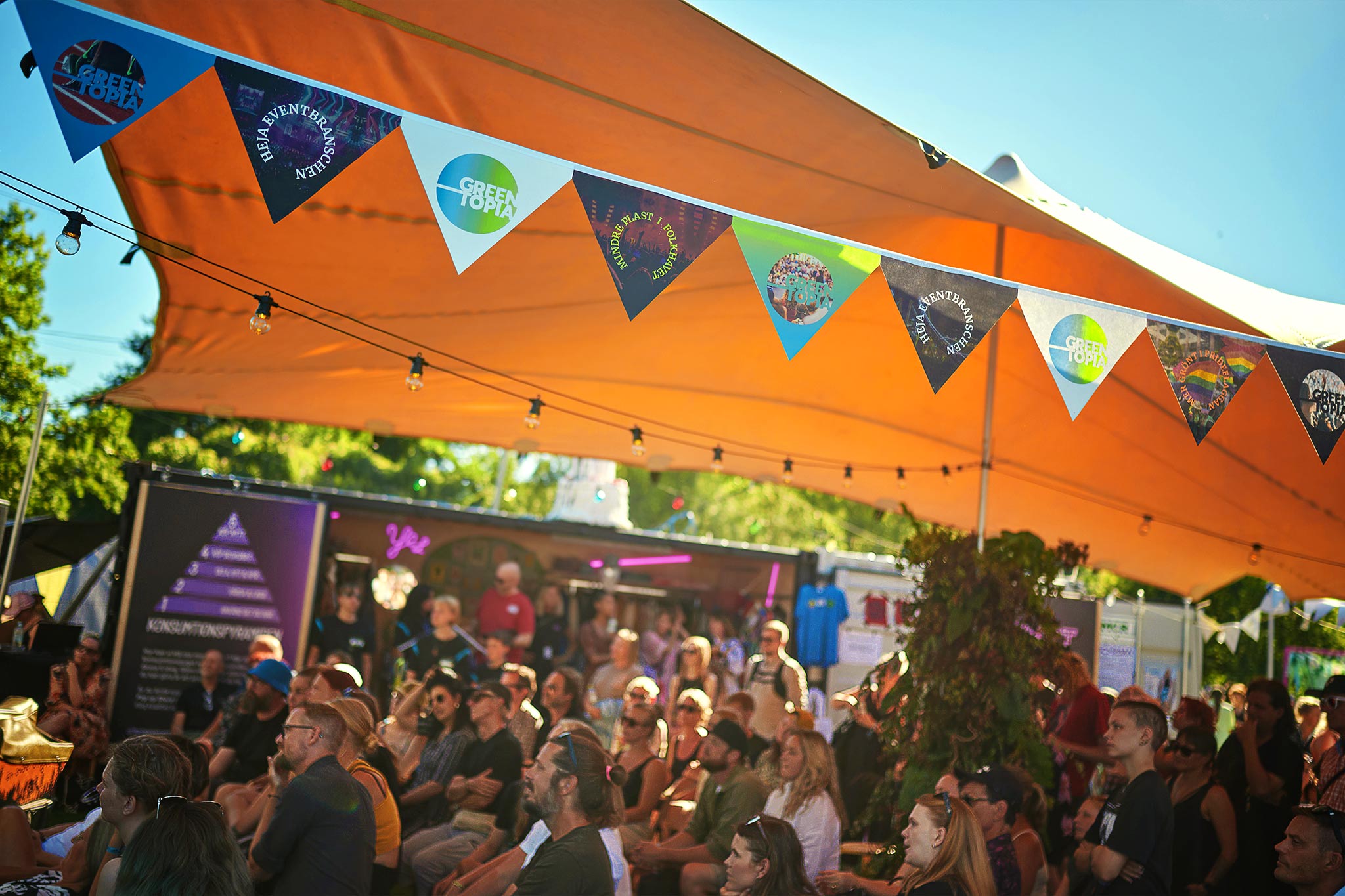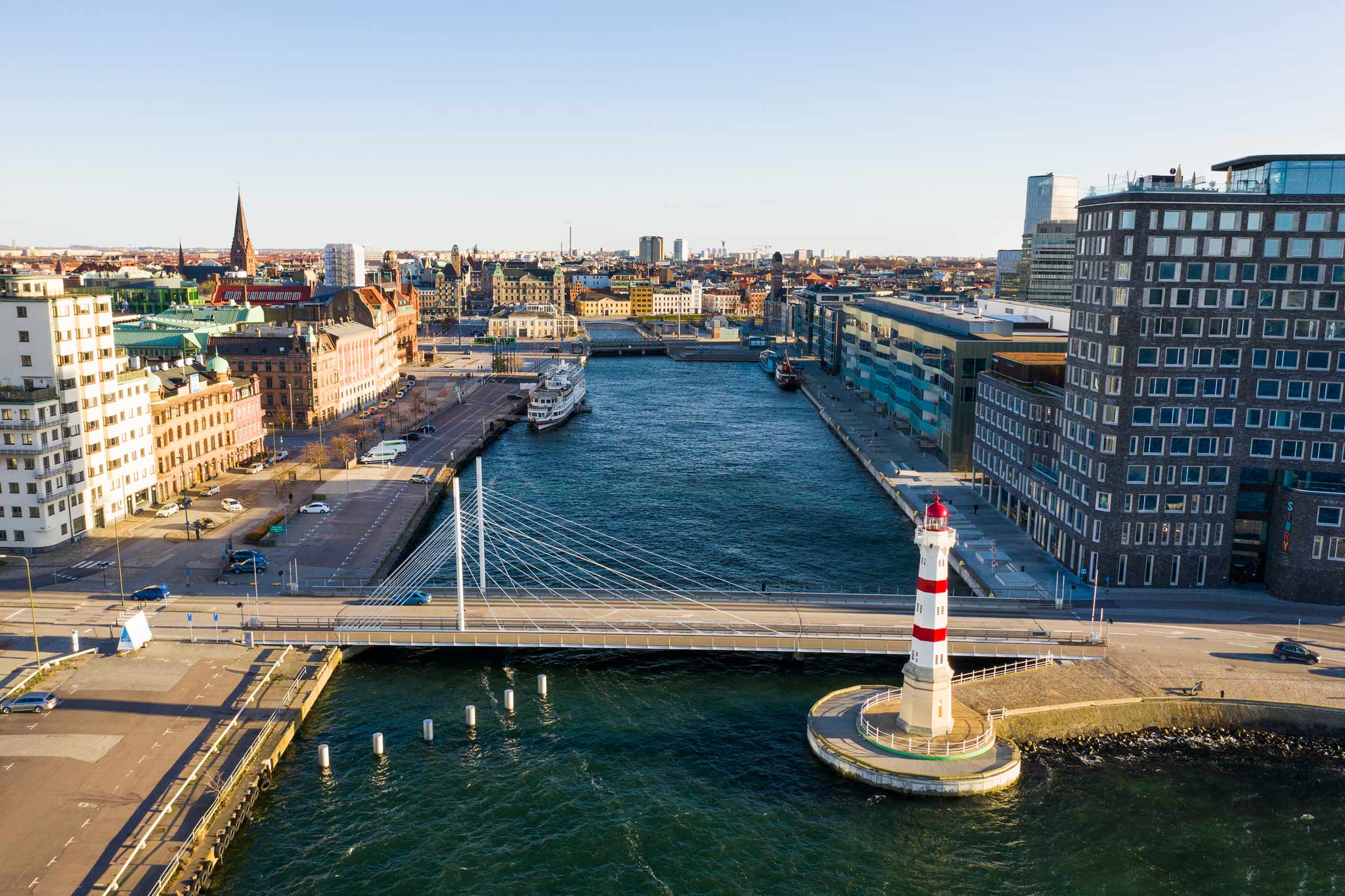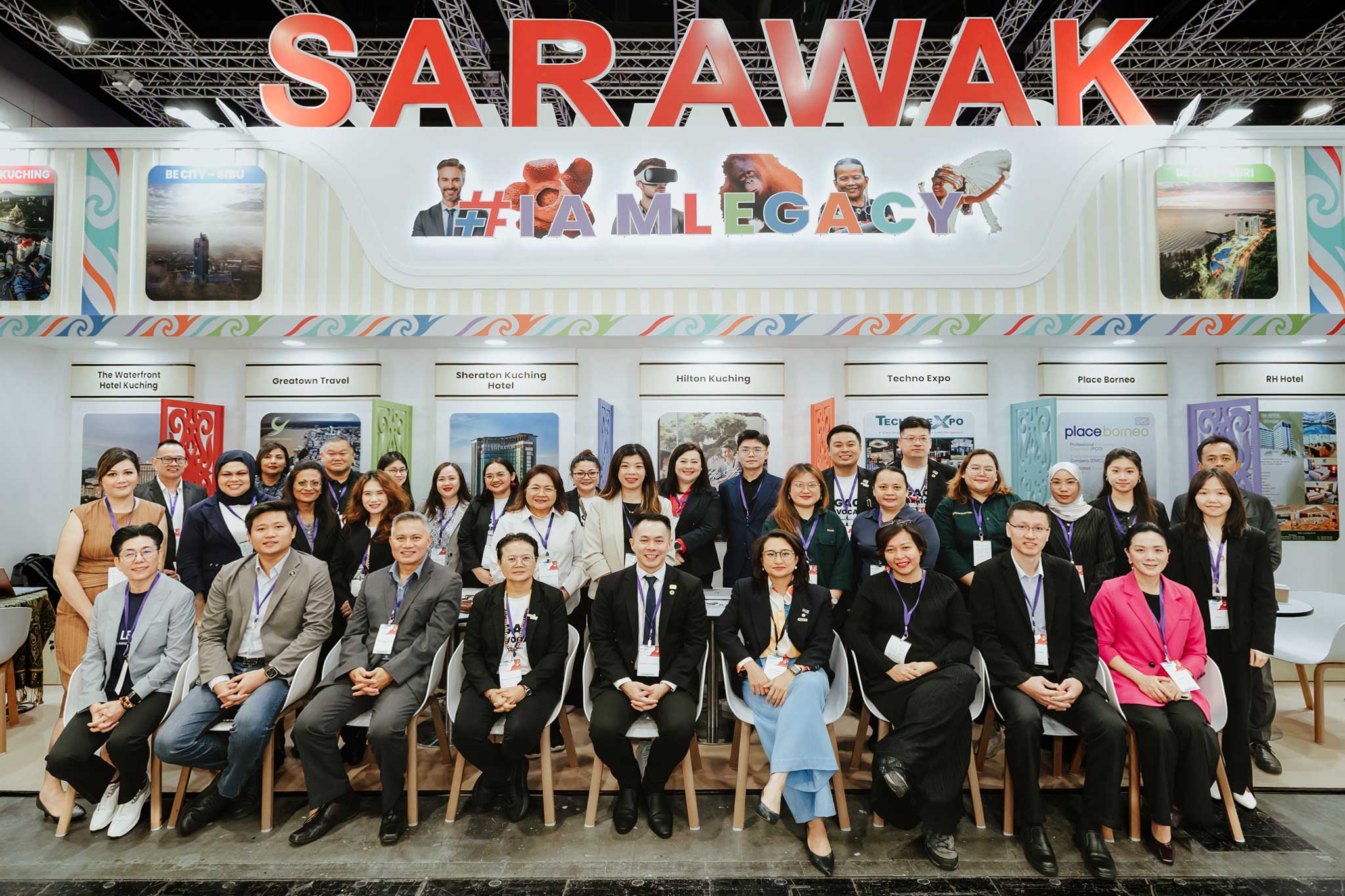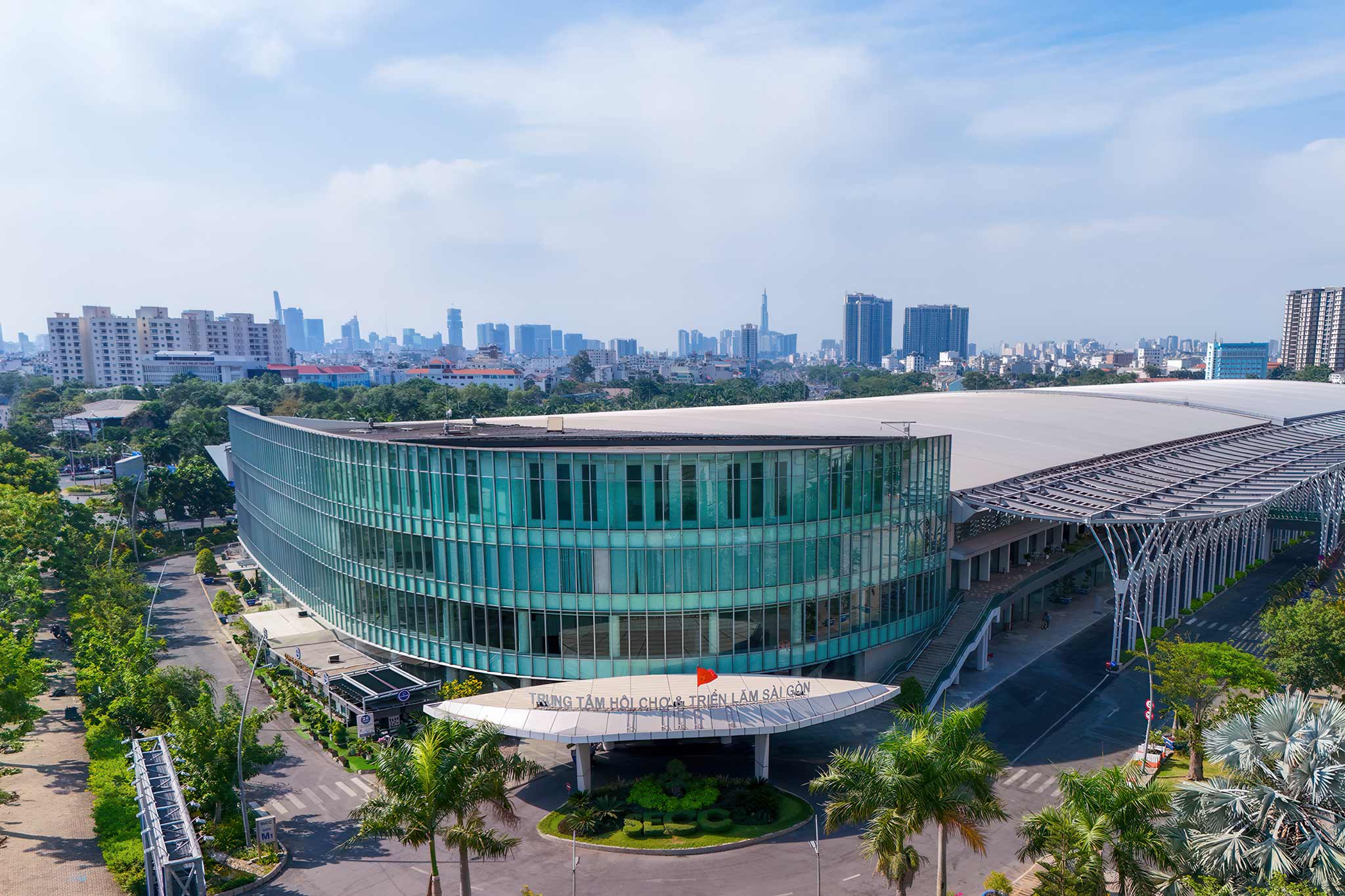An event or meeting is not over just because the execution is over. Its effects may last for a long time. Now, ten Swedish destinations/convention bureaux are coming together in a joint effort to develop the positive lasting effects of meetings and events – what is referred to as legacy.
The cities that are coming together to invest in strategic work with legacy this fall are: Gothenburg, Stockholm, Norrköping/Linköping, Malmö, Helsingborg, Borås, Umeå, Kalmar, Halmstad and Lund. Through special training, the destinations will delve into the subject together. Behind the training is the international organiser The GDS-Movement, which is a globally recognised actor when it comes to sustainability.
“A destination that can drive a strategic process to develop long-term effects together with rights owners gains a competitive advantage when soliciting meetings and events,” says Henrik Svensson, project manager at Gothenburg & Co convention bureau. “At the same time, we contribute to a unique social benefit if we can develop strategies in this area.”
For a few years now, the event and meetings industry, both nationally and internationally, has understood the importance of working with long-term effects. Destinations have thus begun to work strategically with this as part of their sustainability work. Even rights owners such as the Swedish Football Association, the Swedish Handball Association and major medical associations have come a long way in their strategic work. And now, several Swedish convention bureaus and destination companies are choosing to take a big step to reach a new level for future meetings and events.
How did this movement get started in Sweden? The Norwegian Sports Confederation (RF) and the Tourism Industry Research and Development Fund (BFUF) realised early on that legacy is an essential dimension of all events’ ongoing sustainability work. At the same time, it’s also an opportunity to create unicity for Sweden and individual destinations when recruiting and carrying out events.
The city of Gothenburg, for example, has long worked to create positive effects through meetings and events and has developed a model they call the Gothenburg Way to Legacy. Since April, there has also been a full-time resource at Gothenburg & Co working to drive and elevate their strategic work with legacy. Like, for example, to ensure that an event or meeting has a positive effect.
What does it mean to work strategically with long-term effects, or legacy? Find out more here:



